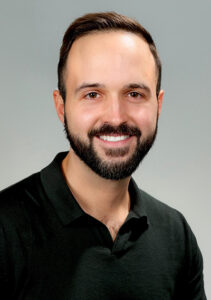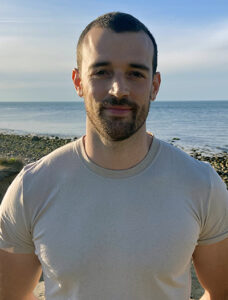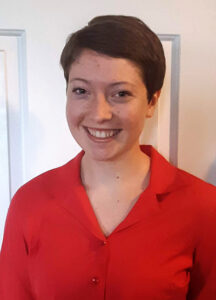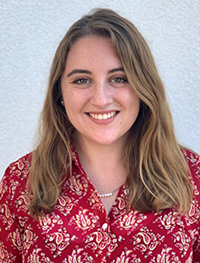CLIMATE ACTION
Rutgers Advances Work on Climate Action Plan
President’s task force outlines key first steps toward carbon neutrality, climate resilience
RUTGERS TODAY – Rutgers University has taken an important step to develop a Climate Action Plan that will reduce the university’s carbon footprint and its vulnerability to the impacts of climate change.
The President’s Task Force on Carbon Neutrality and Climate Resilience presented a 43-page report to President Robert Barchi outlining an 18-month process to identify the strategies Rutgers will take to help stabilize the global climate by bringing the net human-caused carbon dioxide emissions to zero.
“Rutgers has been taking steps to reduce our carbon emissions for several years. Now we’re moving forward to create an integrated strategy for advancing climate action at Rutgers that will also support climate-positive economic development across New Jersey,” said Robert Kopp, task force co-chair and professor in the Department of Earth and Planetary Science at the School of Arts and Sciences and director of the Rutgers Institute of Earth, Ocean and Atmospheric Sciences.
In the task force pre-planning report, Kopp and co-chair Kevin Lyons, associate professor of professional practice at Rutgers Business School-Newark and New Brunswick and associate director of the Rutgers Energy Institute, along with 10 other science, health, engineering and public policy experts from across the university, lay out a comprehensive plan with an expanded task force, including students and staff, that will seek broad community engagement.
Key first steps will be to conduct an energy greenhouse gas audit of the university and set up procedures for reporting emissions, advance efforts to make the university budget and finance process more environmentally responsible, and expand the university’s purchase of renewable energy.
The task force will work closely with Executive Vice President for Strategic Planning and Operations and Chief Operating Officer Antonio Calcado and Senior Vice President for Academic Affairs Barbara Lee and present the university with a second report in the spring. A final climate action plan is scheduled to be completed by June 2021. The university also has created a Rutgers Climate Task Force website for information, progress reports and ongoing community input.
“Rutgers is already on the cutting edge of community-engaged climate research and engagement,” Lyons said. “What we will do now is identify an ambitious, yet achievable strategy, the timeframe needed to achieve our goals and identify the metrics that will be used to assess the university’s vulnerabilities.”
Rutgers is among the top four of the Big Ten schools in research activity in earth, ocean and atmospheric science, according to the National Science Foundation. The university has constructed what was, at the time of its completion in 2013, the largest campus solar power facility in the nation. New buildings at Rutgers adhere to the equivalent of Leadership in Energy and Environmental Designs (LEED) Silver performance standards, one of the most popular sustainable building certificate programs in the world.
“At Rutgers, a very active building program has been underway for a number of years that has focused on developing a more sustainable approach to the way it designs, constructs and operates our buildings,” Calcado said. “This will continue to be a top priority as we move forward.”
Rutgers faculty and staff are also key players in climate change adaptation research and practice, as well as in the science and engineering of offshore wind energy, another key climate priority in New Jersey. The task force also plans to create an updated university inventory of climate research and teaching.
Rutgers is developing its Climate Action Plan in a statewide policy context that includes a commitment to achieve 100 percent carbon-free energy by 2050 and active efforts to advance climate resilience. The task force’s pre-planning report looks at other universities to identify best practices for developing a climate strategy for Rutgers.
Barchi announced the creation of the Task Force on Carbon Neutrality and Climate Resilience in September, charging it with finding solutions to develop a climate change action plan that defines carbon neutrality in the context of the university community and outline the steps needed to achieve this goal.
“The timeline for creating a Climate Action Plan is short because time is not on our side,” Barchi said. “We must act quickly to reduce our greenhouse gas footprint in ways that are environmentally sustainable, fiscally responsible and scalable—and that engage the broader community.”



 Angel Alguera
Angel Alguera Daniel Gilkeson
Daniel Gilkeson Benjamin Goldberg
Benjamin Goldberg Surya Jacob
Surya Jacob Vineesh Das Kodakkandathil
Vineesh Das Kodakkandathil Douglas Leung
Douglas Leung Nihar Mhatre
Nihar Mhatre Justin Morris
Justin Morris Josephine O’Grady
Josephine O’Grady Jessica Parineet
Jessica Parineet Dillan Patel
Dillan Patel Moira Sweeder
Moira Sweeder